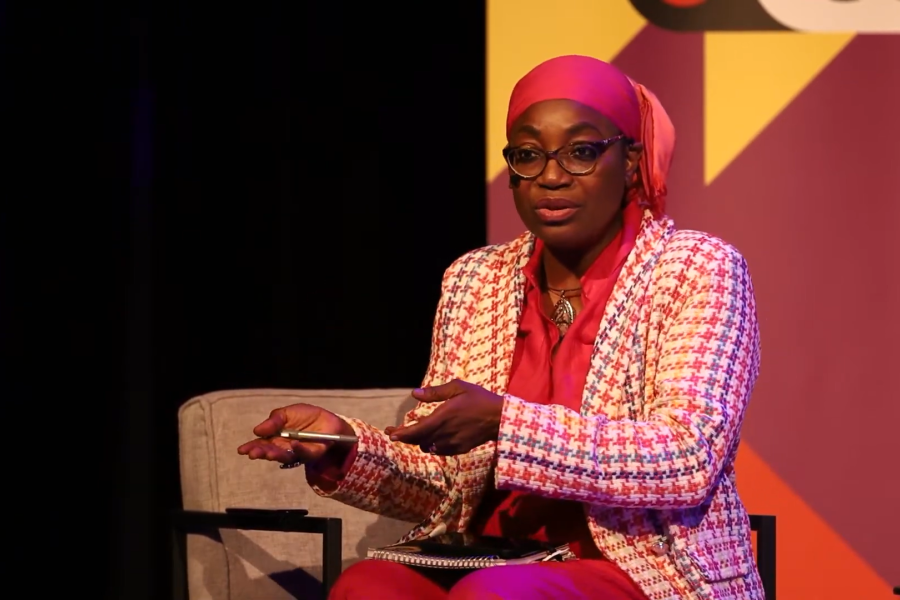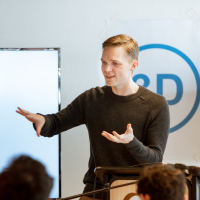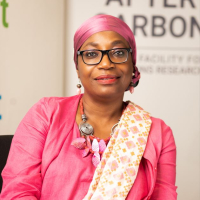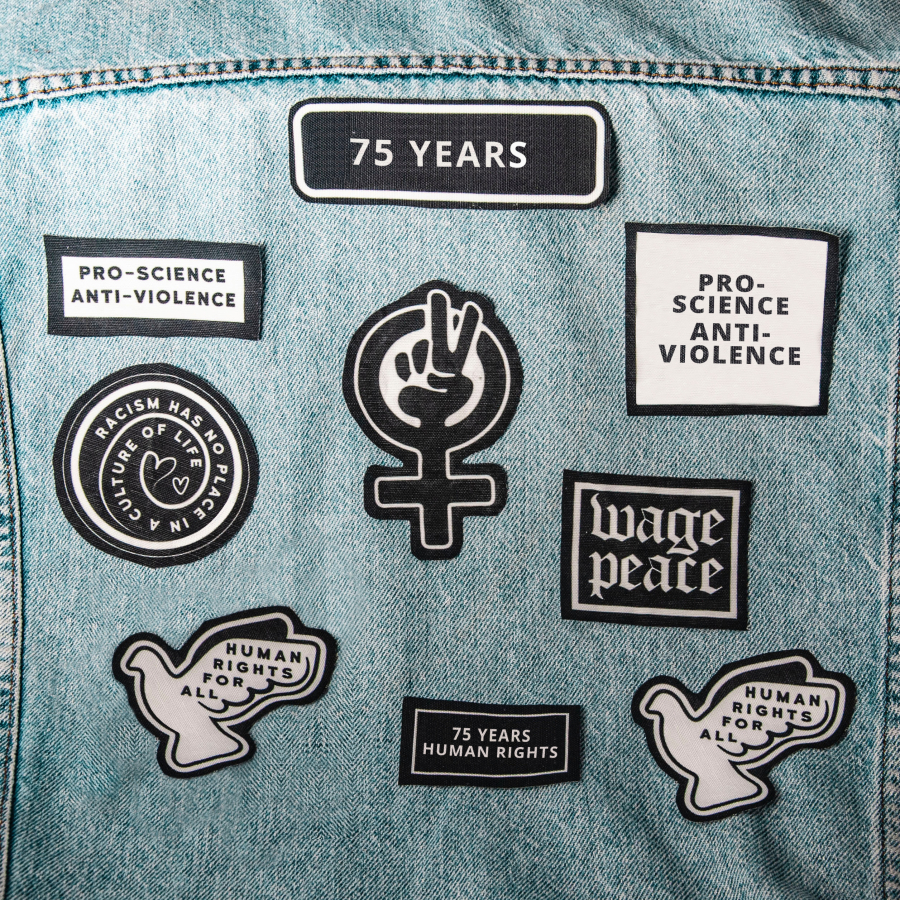Is livable climate a human right?
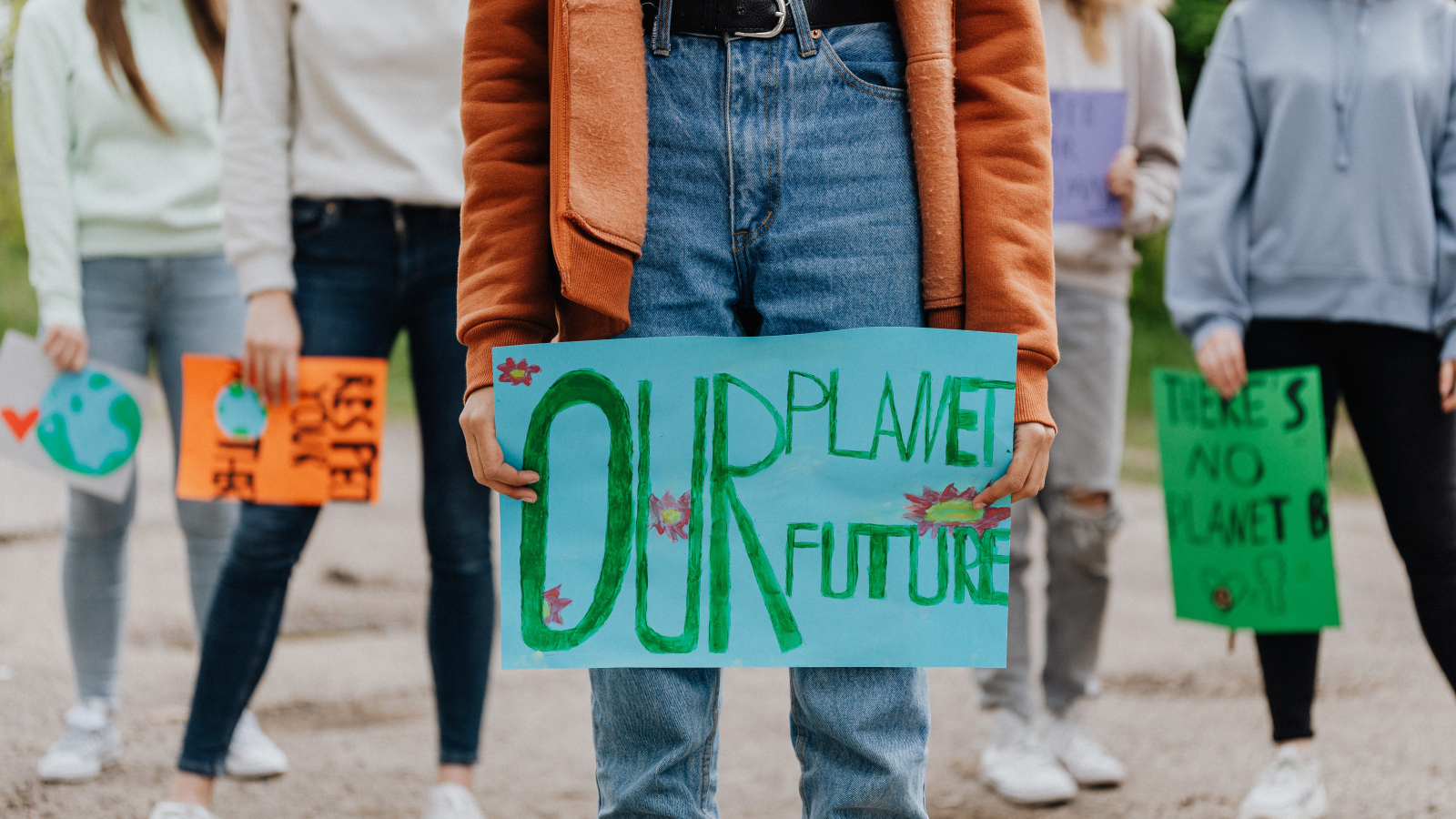
An increase in climate cases
The Urgenda case against the Dutch government and the milieudefensie case against Shell: climate activists are increasingly filing climate cases. According to the UN Environment Programme there have been 2,365 lawsuits relating to climate change around the world and almost 200 of those cases were filed in the past year. Climate lawyer Dr Tim Bleeker joined us at the evening "The road to climate justice" to talk about this increase in climate cases. According to Bleeker unease and shock could be felt in every boardroom across the Zuidas, the business district in Amsterdam. "Maybe it's not a charity thing to do something about climate, but maybe there are actual legal obligations now." At first it was thought that companies didn't have to abide by human rights legally since these rights address states and not companies, but this idea is changing. "Even though companies don't have to protect human rights they have to respect them." Bleeker states. Mitigation and adaptation to climate change is a highly political issue, and states can be held morally accountable through law to take action. "Citizens or NGO's can go to court if they feel that their rights are not being respected."
Climate justice through just transitions
"Climate change is about a breakdown in the fundamentals," according to political scientist prof. Fatima Denton. "It's a threat to energy security, water security and climate as a resource." In her work Denton focusses on amplifying the voices of those on the frontlines of climate-related consequences. The countries in the Global South are often the most vulnerable to climate change, and contribute the least to the carbon emissions that cause climate change. In addition, the countries in the Global South have the least money and resources for climate adaptation. A just climate transition would therefore entail closing the climate adaptation finance gap. According to the UN Environment Programme the adaptation finance gap is now estimated at US$194-366 billion per year.
How do you take action to make countries less vulnerable to climate change? According to Denton the language used for climate action is not neutral. Net zero would be a good goal for a fossil fuel based western economy, but not for a developing country. "Decarbonization is not a problem in a country like Burkina Faso, because they don't have enough energy um to utilize," Denton explains. Countries in the Global South deal with problems in food or energy security more often than western countries. These problems change the sort of action that needs to be taken. It is therefore important that people are able to explain and define what climate justice means to them. "If climate justice is defined for them, then it means that they have very little room to be able to say how it might affect them," Denton says.
With the COP28 starting today, Denton is curious to study the power dynamics that will occur: who holds it and how is it used to control the trajectory where we are headed? "The type of transformation that we need to get ourselves out of this situation is a radical transformation," Denton states. "This radical configuration from a carbon based economy to something less destructive and more resilient takes courage." Where Denton hopes to inspire courage in leaders, Bleeker hopes to inspire lawmakers to make better laws for the climate. This is necessary, because until now, climate cases have not lead to binding legal consequences. For a real just transition, we need lawmakers to take action.
Do you want to know more about climate justice and how we can achieve just transitions? Watch the video of the evening "The road to climate justice" here.

